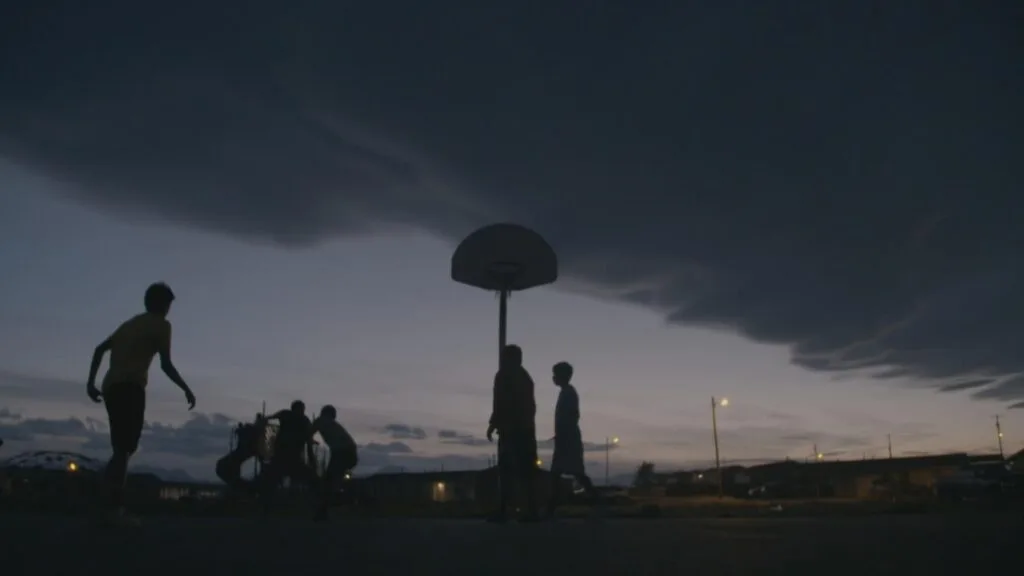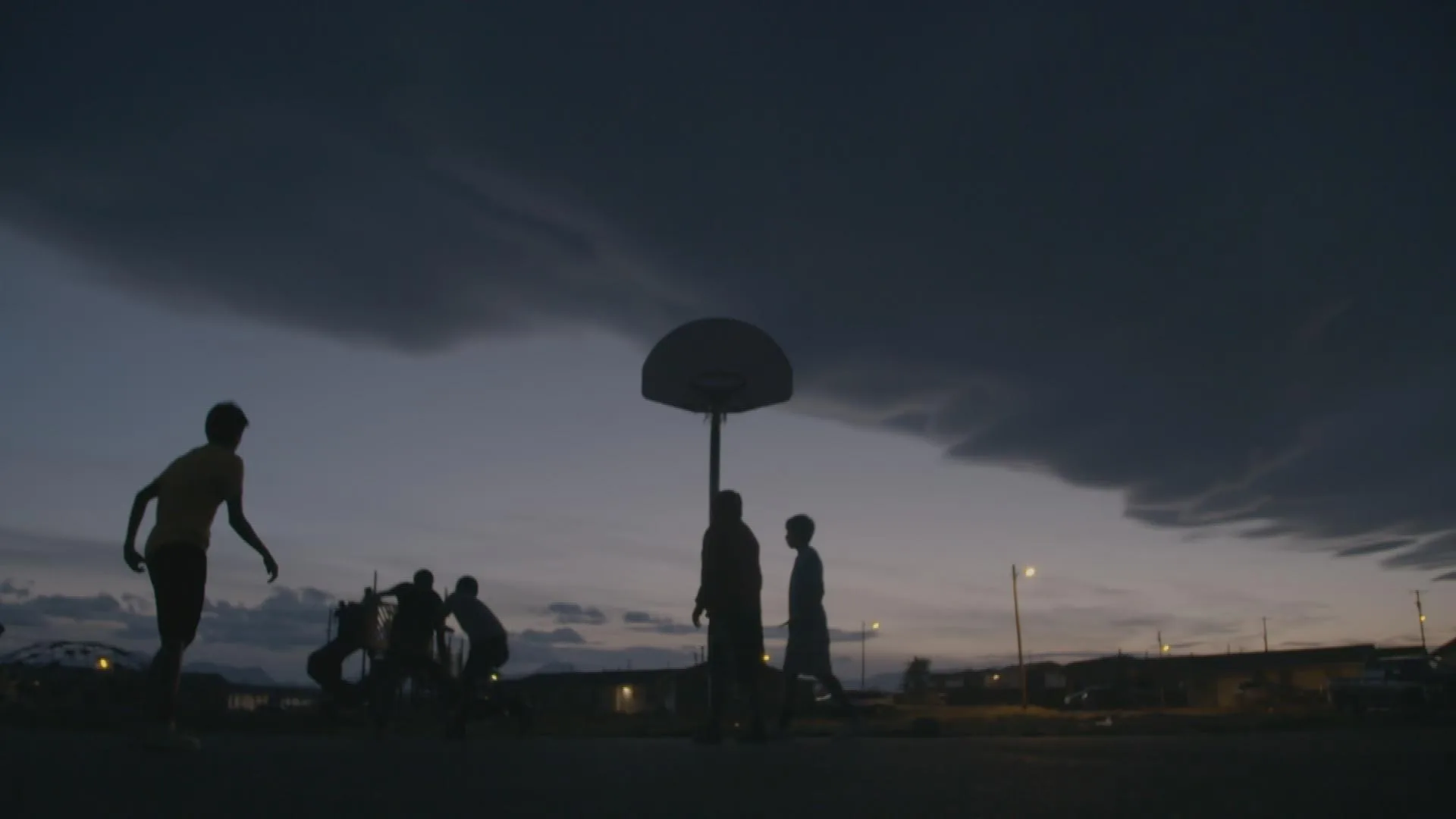A Sexual Abuse Victim, and Two Colleagues Who Suspected A Predator Doctor
February 12, 2019
Share
Joe Four Horns was just a boy when he first met Dr. Stanley Patrick Weber.
Four Horns lived on the Blackfeet Indian Reservation in Montana. He’d broken his tailbone in a skating accident, and was recovering at a health center. Weber, a government pediatrician based in a hospital run by the Indian Health Service, came to see him.
“Just the way he was talking to me, but had his hand was on, like — on my leg while he was talking to me,” said Four Horns. “He just left it there, and that was — it made me uncomfortable.”
Four Horns would later tell The Wall Street Journal and FRONTLINE that Weber molested him several times over subsequent visits. But he was not the doctor’s only victim. Over the years, Weber allegedly sexually abused several Native American boys, even as colleagues and whistleblowers raised alarms.
Predator on the Reservation, a joint investigation by the Journal and FRONTLINE, asks how Weber could continue treating children for more than two decades despite multiple warnings about his behavior. The investigation found that the Indian Health Service, a federal agency, moved the pediatrician to different IHS hospitals, where he allegedly preyed on vulnerable Native American boys.
Shortly after Weber arrived at the Blackfeet reservation, his colleagues grew suspicious about his interactions with young patients. In the clip above, Dan Foster, a former Indian Health Service psychologist, and his wife, Becky, who is also a mental health professional, described feeling uncomfortable about Weber operating an after-hours clinic for children without parents or guardians present. In some instances, they said, Weber was seeing patients long after other clinic staff had left.
“Normally if you bring your child to a pediatrician, a parent is with them, or if a social worker brings a child to a pediatrician the social worker is with them. An adult is with them,” said Becky Foster. “But these boys were going in there alone.”
The Fosters recalled that most of the boys who attended the clinic were either pre-pubescent or teenagers between the ages of 12 and 15 years old, who were particularly vulnerable. “So that was a red flag,” Dan Foster said.
One of those boys was Joe Four Horns.
Now serving time for bank robbery, Four Horns said he never told anyone what happened back then. He spoke to the Journal and FRONTLINE from prison about the abuse. “I was 11,” he said.
Dan Foster said he confronted Weber at the time. “I had these concerns, and I wanted him to know I was bringing these concerns forward. My hope was that if he were doing something he would stop,” he said. “And if he weren’t he would be warned, and he would modify his behavior accordingly.
“But he did not.”
Predator on the Reservation premieres Tuesday, Feb. 12 at 10 p.m. EST/9 p.m. CST on PBS stations (check local listings) and online.
Related Documentaries
Latest Documentaries
Related Stories
Related Stories
Explore
Policies
Teacher Center
Funding for FRONTLINE is provided through the support of PBS viewers and by the Corporation for Public Broadcasting, with major support from Ford Foundation. Additional funding is provided the Abrams Foundation, Park Foundation, John D. and Catherine T. MacArthur Foundation, Heising-Simons Foundation, and the FRONTLINE Trust, with major support from Jon and Jo Ann Hagler on behalf of the Jon L. Hagler Foundation, and additional support from Koo and Patricia Yuen. FRONTLINE is a registered trademark of WGBH Educational Foundation. Web Site Copyright ©1995-2025 WGBH Educational Foundation. PBS is a 501(c)(3) not-for-profit organization.






















